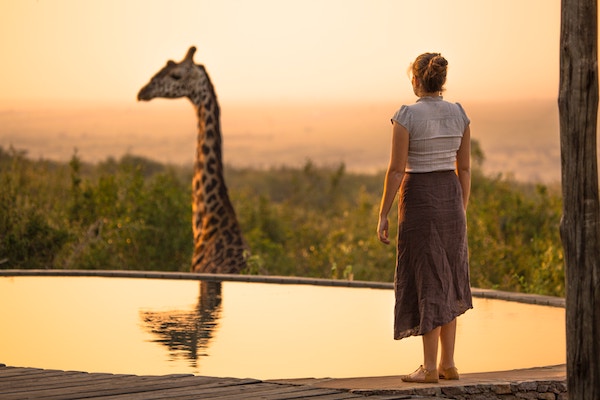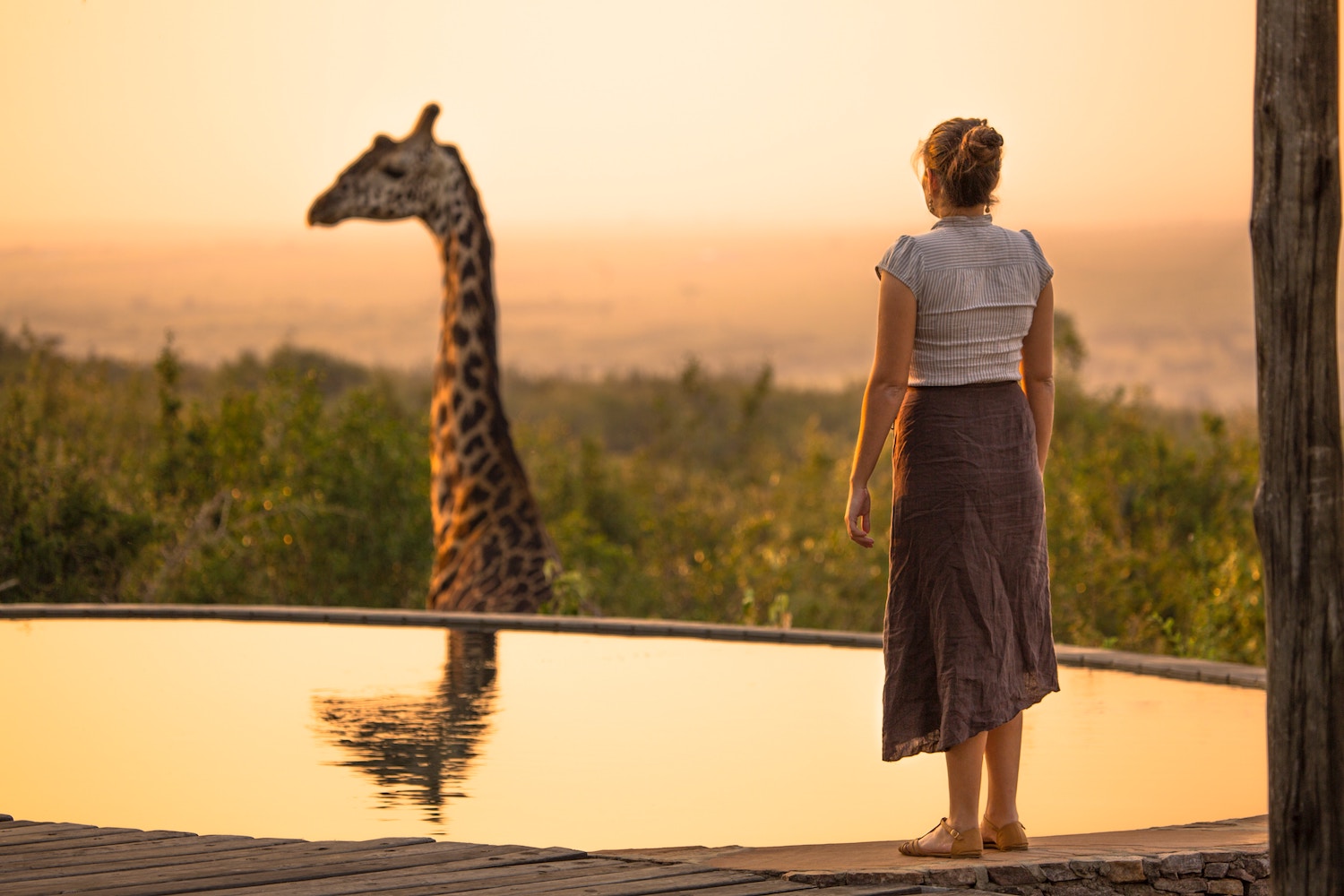Responsible Travel: The Win-Win of ‘Vacations With a Conscience’
Responsible Travel: The Win-Win of 'Vacations With a Conscience'
By Esme Benjamin
As awareness around tourism-fueled impact increases, many of us are making a more concerted effort to travel responsibly, seeking out ethically ambitious companies when booking trips and holding them accountable when they fall short. These 'vacations with a conscience' promise exceptional experiences for the traveler while strengthening communities and protecting the environment of the host destination.
One company helping travelers make more informed vacation choices is the aptly named Responsible Travel. Launched in 2001, long before the wider tourism industry began reckoning with problems like overtourism or climate change, the company set out to vet tour operators in some of the world’s most beautiful and fragile destinations. More than twenty years later, Responsible Travel is a respected platform for booking trips that protect and restore nature and profit local communities (its Trip for a Trip initiative, which channels 1% of every booking into funding an inspiring day out for a disadvantaged child, is particularly impressive).
“I think of Responsible Travel as a Trojan horse, embedded in the tourism industry changing it from within,” Responsible Travel’s founder Justin Francis explains on its website. “My experience in business is that nothing is copied faster than a good example, and that is what we strive to be.”
We caught up with Justin to discuss the trouble with carbon offsetting, how to reduce your impact when a flight is unavoidable, and the true meaning of authentic travel.
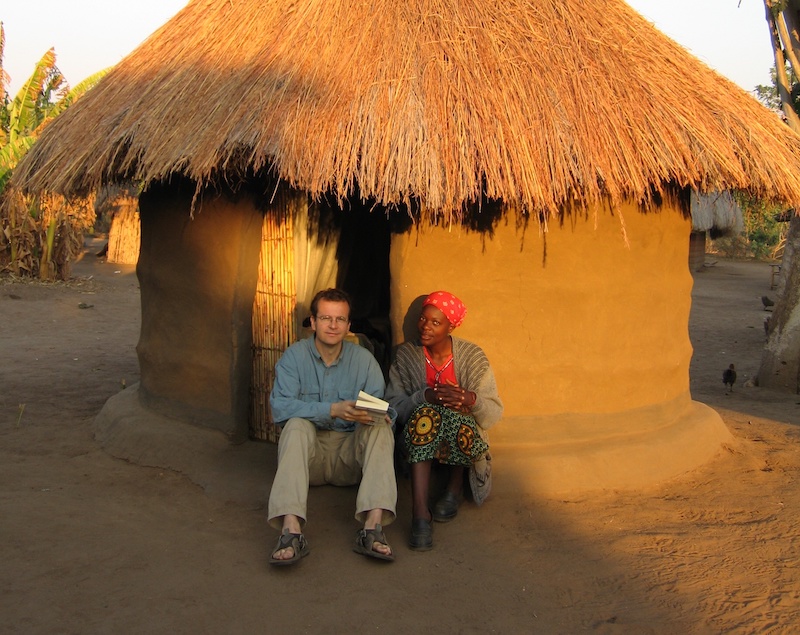
Esme Benjamin: You founded the company in 2001, so you were ahead of the curve in many ways. What’s your definition of responsible travel?
Justin Francis: Responsible travel is taking responsibility for your impact, creating better places to live in and better places to visit. When you design travel around local people and places and ways of life, with sensitivity towards the environment, you get closer to all of those things. And that leads to a more authentic, more responsible travel experience.
EB: How has the way you think about traveling responsibly changed over the years?
JF: Back when I first launched the business I felt that the tourism industry was behind. In 2001, if you asked a business about responsible travel and sustainability, they would ask you, “What is it?” Thankfully, we are now in the era of disclosure and impact reporting and being transparent. Unfortunately, that also means a lot of greenwashing.
EB: Greenwashing is essentially when a business misleads the consumer about its environmentally friendly credentials, making itself seem more eco-conscious than it actually is. What should travelers be aware of when it comes to greenwashing?
JF: There is no requirement for a business to reduce its carbon emissions before it starts to buy offsets, which is why you have carbon neutral coal mines and carbon neutral private jet companies. You can simply go on as you were before, and then for a relatively small sum of money you can purchase voluntary carbon offsets. Then you have a marketing story for the customer, which is, "Carry on as normal, everything's taken care of." And that's a great lie. Carbon offsets aren't the answer, carbon reduction is the answer, which means less flying.
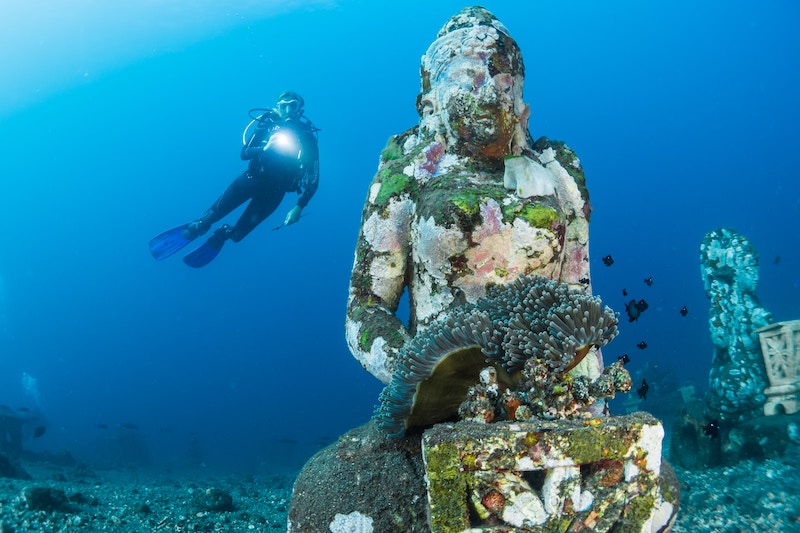
EB: There's been a burgeoning movement towards flight-free travel in Europe, with companies like ByWay designing trips by train, boat, and bus. The U.S. is behind in that regard, in part because there are much larger distances to travel over here in order to cross a border. Can we still fly and be responsible travelers?
JF: Firstly, I think it's wrong to put all of the onus on the tourist while aviation fuel remains untaxed. This is a problem we are lobbying to address. But to answer your question, there are a few ways you can be a more responsible traveler while flying. If you can stay longer on your vacation, you end up flying a little bit less, on average. If you can swap out some of your trips by plane for those by train, then terrific. Flying direct helps, because most of the emissions result from takeoff and landing. If you pack light that also reduces fuel usage. And instead of buying carbon offsets, contribute towards the percentage of sustainable aviation fuel (biofuels made from plants or used cooking oil mixed with standard fuel). There are a number of major airlines, including British Airways and Lufthansa, which will now enable you to make a voluntary contribution which will increase the proportion of sustainable aviation fuel on your flight, reducing your actual carbon emissions.
EB: Of course being conscious of your environmental impact is just one element of being a responsible tourist. What else should people consider?
JF: Tourism's impact on nature and local communities doesn't just come from the tourism industry, it can come from the tourists themselves. So if you or I go to the perfect eco-lodge, but we leave the water on and it's an arid area, or we encourage our guide to drive off the tracks to get closer to the wildlife, or we behave inappropriately on a community visit, then we are part of the impact too. Our behavior and actions matter.
EB: I know you have quite an extensive vetting process when it comes to the vacations you have on the site. Can you tell us a bit about how you find them and how you decide that they are suitable for Responsible Travel?
JF: We've currently got 402 operators that we work with, but over the years we've screened and helped over 1202 operators with their responsible travel policies. First, we screen the company and their responsible tourism policy, which we have a set of criteria for. Then we screen the trips themselves. And finally, we involve the customer in the process of screening trips. After they get home we ask them to review the vacation and one of the things we ask them is, “Did you feel that the trip lived up to its stated ambitions around responsible travel and tourism?” That creates a lot of transparency and the feedback generates improvements.
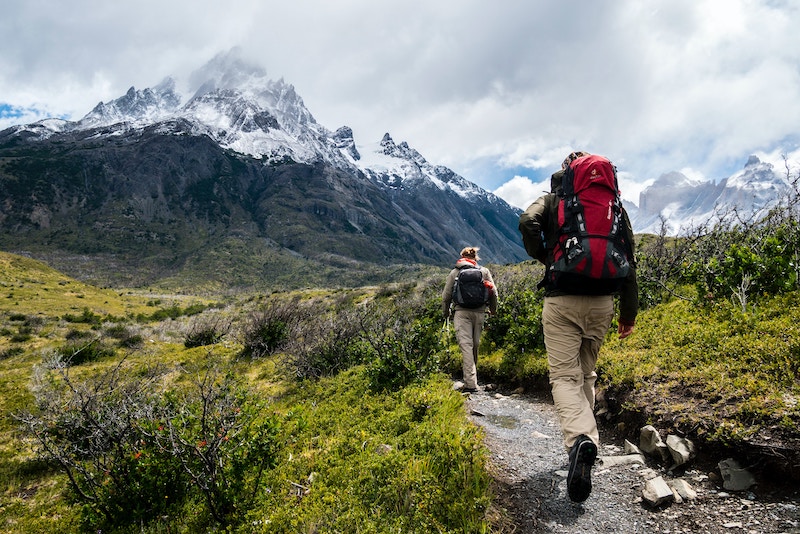
EB: Does what counts as a responsible policy vary depending on where the trip is and what issues are most urgent there?
JF: There are some global issues which do apply everywhere. Carbon emissions or changing land from nature-rich habitats into intensive agriculture, for example. But on the other hand, the impacts of tourism are different in different places. It doesn't matter to me greatly what a holiday in Switzerland is doing around poverty alleviation. It matters to me enormously what a trip in Sub Saharan Africa is doing around poverty alleviation. We've just redesigned our screening criteria so it's got a few of these big global issues but also recognizes the need to reflect the biggest issues locally.
EB: Is there anything you do to prepare your customers before they depart?
JF: We've got a couple of films that we send them pre-departure about carbon and looking after nature. We've also published 745 online travel guides to destinations and activities, and included in that is advice on responsible travel and tourism.
EB: I think tourists want an authentic experience or an unusual experience that no one else is having. I'm sure that's why people are also drawn to your site, because these trips are organized hyper locally and offer insight that perhaps you wouldn't get if you went with a big tour operator.
JF: Yeah, and that's the magic. If you design holidays to benefit conservation and local communities you get closer to both. When people feel that they're trusted and the benefits are fair, they are more willing to provide access to their culture and their ways of life, and some of their special places. But that's at their discretion. You don't get authenticity just because you've asked for it. You get authenticity because you've earned it through the way you've behaved. And you should also expect some boundaries to that.
EB: I'd love to hear how you think the last few years have changed people's attitude towards responsible travel…
JF: We're starting to see destinations act on some of the thinking and planning they did during COVID. They’re starting to define the type of tourists they want and don't want. There's places which need small numbers of tourists paying a lot of money because they're fragile. There are other places which can cater to very large numbers of tourists very affordably and manage the water, waste and energy in a way that puts less pressure on local people. For example, an all-inclusive resort can be fantastic for tourists and a great solution to overtourism, but not if it's situated in a fragile cultural and natural area.
EB: What trends are you seeing right now in terms of bookings?
JF: Human powered travel in nature – walking, cycling, trekking, kayaking, canoeing – has grown and grown. There's a new generation of nature travelers, and that's welcome because we've also got a great need to protect nature and I think tourism's got a huge role to play in that.
Visit responsibletravel.com
*This interview has been edited for length and clarity
